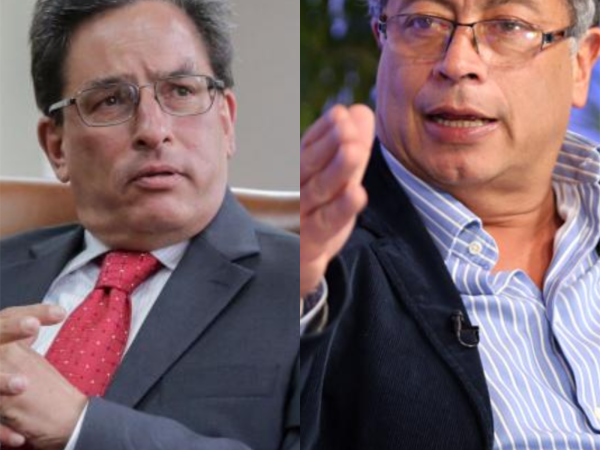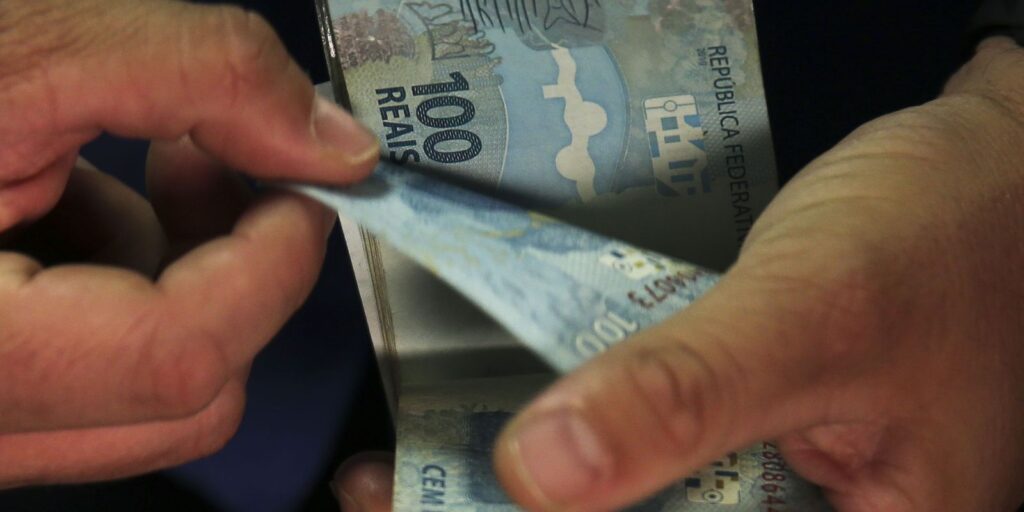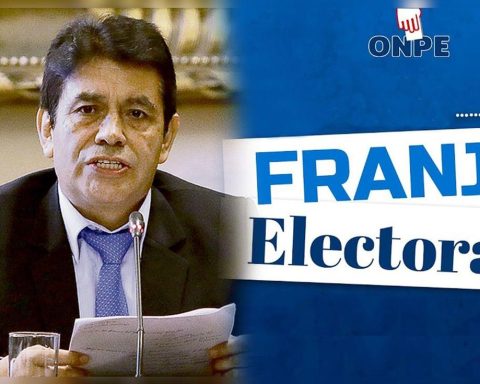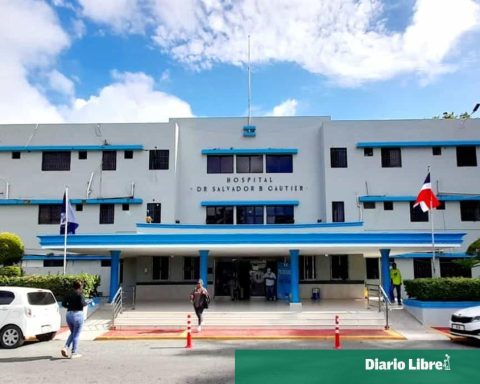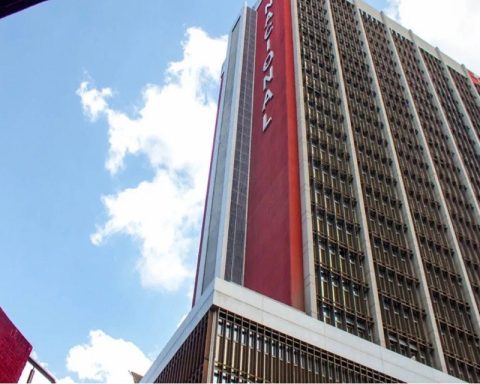The elected president, Gustavo Petro, will present on August 8, before Congress, his tax reform proposal that he would implement during his government.
(Read: Petro keeps the economic commissions).
José Antonio Ocampo, appointed Minister of Finance, explained that income tax It will be the fundamental axis of the reform, which would focus on more taxation for wealthy people than for companies.
This would be one of the greatest similarities of Petro’s proposal with respect to that of the former Minister of Finance Alberto Carrasquilla, who presented the proposal during the Duque government, before the arrival of José Manuel Restrepo.
It should be remembered that said taxpayer had to withdraw from Congress once the citizens showed his nonconformity with a social outburst, which lasted more than a month (April – June 2021).
As for money, the leftist leader has said that his reform, progressively, seeks to generate a rraised 50 billion pesos by 2026. While the proposal of the current co-director of the Banco de la República aspired to a collection of 23.4 billion pesos.
Income tax is one of the axes of both proposals. Both Petro and Carrasquilla propose a balance of taxation between companies and natural persons.
The one from the Duque government explained that those with an income would pay rent. more than 50 million annually. In 2023 it would be for employees with incomes greater than 35 million pesos per year and in 2024 for more than 30 million pesos.
(Also: Colombian economy: what is in green and what is in red, according to the connection).
In this sense, natural persons would begin to declare income with monthly income from 2.5 million.
On the other hand, Petro’s proposal seeks to exercise vigilance over those who earn the most. In this case, it would be in people with Income of more than 10 million pesos per month and more than 200 million pesos per year.
Gustavo Petro said that a wealth tax would be contemplated on the 4,000 largest personal fortunes and that more would be extracted from other high income earners.
In this case, although Carrasquilla wanted the natural people pay this tax, Petro would only focus on those who have the most income.
One of the criticisms for Carrasquilla at that time was his attempt to record all the products of the family basket with VAT, but making the return to the most vulnerable and poor families.
In the case of Petro, his program proposes that VAT will not be extended to the family basket and would promote taxes to improve the “adequate access in quantity and nutritional quality of food and beverages and to consolidate a vision of protection of life”.
However, it seeks that more natural persons have to pay this tax lowering the threshold from 3,500 UVT to 3,000 UVT.
In this case, both politicians expose a tax burden. On the one hand, Carrasquilla proposed taxing dividends higher than 29 million annually with a rate that went from 10% to 15%.
On the other hand, Petro has shown that it seeks dividends to be taxed at a progressive rate of up to 39%. However, for now it has not been specified how much the change would be.
Carrasquilla’s proposal sought to eliminate exempt income, deductions, tax discounts and preferential rates.
Along with this, reduce the corporate income tax “with a marginal rate from utility of 500 million pesos, which started at 24% for small companies and 30% for medium and large companies, compared to a nominal rate of 35% that currently exists”.
(Read: Will there be a rise in the tax on occasional gains in the Petro tax?).
For his part, Luis Carlos Reyes, appointed director of the National Tax and Customs Department (Dian), assured that they seek to lower certain rates to reduce the taxes paid by small businesses.
BRIEFCASE
